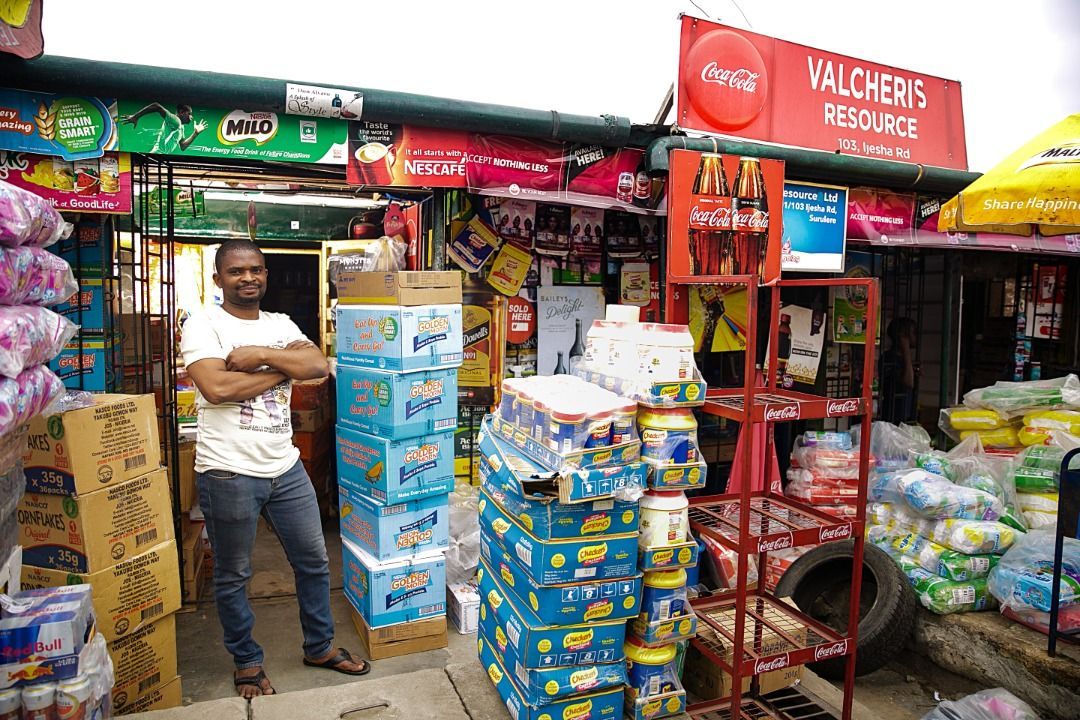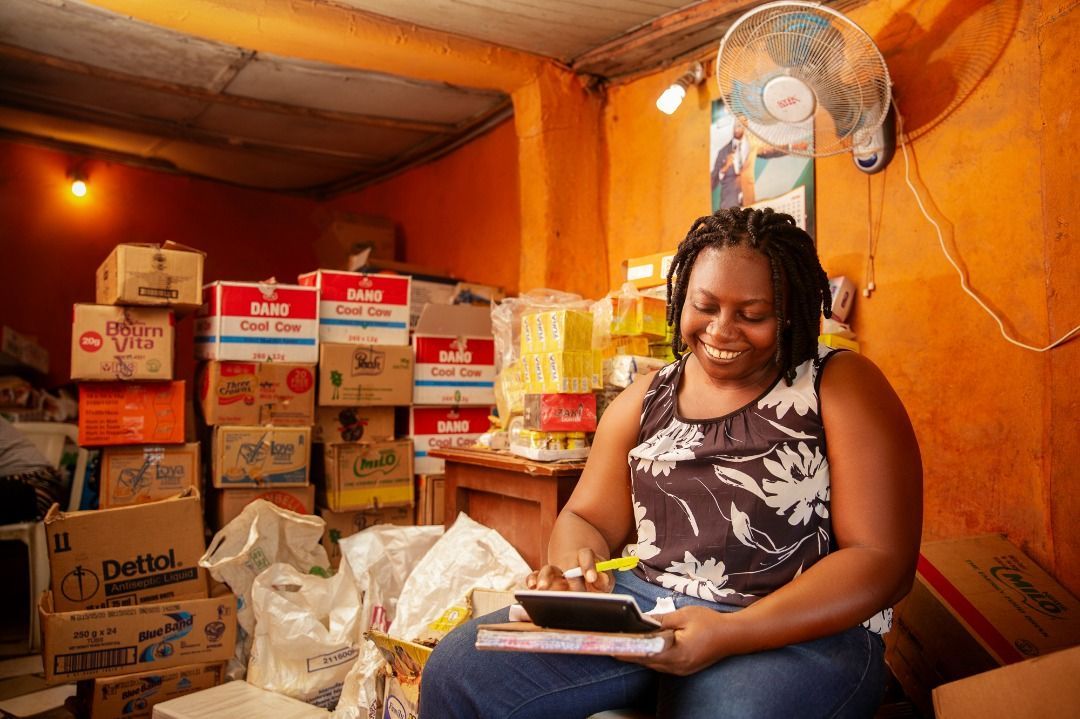As Nigeria's inflation spirals, TradeDepot's CEO says small retailers will matter more than ever.
The latest figures from the NBS show that Nigeria’s inflation rate has increased to 14.23%, driven by rising food prices.

The latest figures from the NBS show that Nigeria’s inflation rate has increased to 14.23%, driven by rising food prices.
The country has also slipped into a recession, after two consecutive quarters of negative GDP growth. Onyekachi Izukanne, co-founder and CEO of TradeDepot, shared some of his thoughts on Nigeria's stumbling economy:
"With restrictions on movement of goods, forex liquidity pressures and a number of other challenging factors throughout the last two quarters, the effects of inflation have been largely felt by consumers, affected by rising costs of living and lowered earnings. Additionally, the double header of shrinking personal incomes for consumers and the rise in inflation rate creates a tricky landscape to navigate for both consumer goods manufacturers and retailers."

Despite the odds being stacked, Onyekachi doesn't think things are all gloom and doom. He notes that drawing a parallel to the 2016/17 recession which the country faced, the current economic predicaments could create opportunities for challenger-value brands.
source: tradingeconomics.com
New entrants in the essential product categories like toiletries might experience boosts as price conscious consumers become more eager to experiment with lower-priced products.
Studies have shown that consumers tend to become more frugal and price conscious during recessions in a bid to keep spending low. Other studies have shown that price-conscious habits correlate strongly with personal income and the length of the recession.
The Covid-19 lockdown offered a glimpse into what could happen over the next few months. TradeDepot's Director of Merchant Services, Karen Adie, notes that value brands in hygiene and food categories have done well since the onset of the pandemic. The company also noticed a decline in foreign brand items due to the price hike caused by the government's border closure policy and other issues.
With the ongoing recession regarded as the worst recession in the last 40 years of Nigeria's history, it is not clear how long until the economy breaks off the downward turn. Zainab Ahmed, Minister for Finance, Budget and National Planning, has predicted a Q1 2021 exit.
While an early exit from the recession would certainly be a welcome development, it may not be feasible or as clear cut as stated. Economic analysts have made more cautious predictions; with most of them speculating that the economy's recovery will take a U-shape.
For challenger brands and new entrants, an extended period of recession may provide an opportunity to capture new customers that are looking to experiment.
What role will small retailers play over the next few months?

Small retailers, as the final configuration of most Nigerian distribution channels, are key players in the consumer goods category.
Onyekachi reckons that access to credit facilities will be more pertinent than ever, as retailers look to ensure their stock levels remain steady as well as affordable for their customers; particularly as consumer spending is expected to continue rising in the coming festive season.
With retailers increasingly preferring smaller case configurations to enable them to diversify their product portfolio with the same amount of working capital, product packaging should be a key consideration for manufacturers.
What can be done to help retailers make the best of the ongoing recession?

As most small retailers are informal retailers, they cannot readily access traditional banks credit facilities which require collateral. Co-operative societies and microfinance banks which should be more accessible can be complicated and fragmented for these retailers to deal with.
The above, in addition to a distrust of formal financial institution among informal retailers leave a huge gap to be filled in terms of funding. Without financial support, retailers are likely to lose out on opportunities such as the one presented by the recession.
The COVID-19 pandemic presented an opportunity for informal retailers to increase turnover as they were the go-to source for essential goods. However, without access to credit, many struggled to take advantage of the opportunity. - Karen Adie
Since raising pre-series B funding of $10 million in July, 2020, Trade Depot has attempted to close this gap to by offering credit facilities to retailers via its ShopTopUp platform. The platform allows traders to buy goods on credit and pay later within a specific time frame. The company uses a combination of on-demand loans and robust inventory to scale operations for retail businesses in Africa.
TradeDepot says that 98% of those who participated in the ShopTopUp credit facility pilot repaid their loans and became repeat borrowers. Right now, credit facilities are open to all store owners on the company's platform.
TradeDepot is committed to making food and supplies accessible and affordable for even the most remote consumers in the country. - Karen Adie
The startup has actually experienced an uptick in users since the start of the covid-19 pandemic as store owners explore new ways to access the stock they need.
However, there is more work to be done. Access to credit is only one of the challenges retailers are facing. Many will have to navigate around increasing cost of transportation of goods, continuous increase in prices of items and a decline in consumer spending.
TradeDepot believes that tech stakeholders can play an important role in stimulating growth by increasing productivity, reducing costs and improving access to customers. Automation and Artificial intelligence can be particularly useful in identifying and addressing the challenges that hinder economic growth and prosperity in the country.
Parting thoughts
Beating inflation and the ongoing recession in Nigeria is not going to be easy and Onyekachi understands this. He predicts that 2021 will be similarly challenging as Nigeria continues to battle various macro headwinds. However within all those challenges, small retailers are likely to matter more as they continue to keep the engine of the economy steadily ticking.






